Dr N Ganabaskaran has, in his 45 years as a doctor, administered vaccines a “thousand” times.
Generally, it’s a three-step process that isn’t difficult to carry out, he said. Nor is it hard to train others to vaccinate a patient.
Which is the reason Ganabaskaran is puzzled as to why the almost 8,000 general practitioners (GPs) in the country were not roped in earlier into Pick, the national Covid-19 vaccination exercise, when it began rolling out in February. They weren’t even enlisted to help carry out Covid testing.
“These days, both doctors and nurses are administering jabs,” he tells Between The Lines.
Hence, Ganabaskaran, a former president of the Malaysian Medical Association (MMA), considers leaving GPs out of the early stages of Pick as one of the government’s “biggest mistake”.
Asked how GPs feel about not being recruited earlier, his answer is simple.
“They’re angry.”
As of June 9, only some 3.94 million of the country’s 32 million population have been vaccinated. But with the number of daily infections crossing 9,000 not too long ago, calls for vaccinations to be ramped up have begun to crescendo.
But as doctors claim the government is giving them the cold shoulder, eagerness has turned to frustration.
On June 1, the MMA ripped into Khairy Jamaluddin, the minister overseeing the vaccination exercise, for not involving them.
The association’s current president, Dr Subramaniam Muniandy, claimed they wrote to Khairy on March 2 to thrash out plans for private GPs to be part of the programme but were ignored.
Subramaniam said if the 2,500-plus GPs who registered for the vaccination programme hadn’t “been left hanging”, they’d have been able to administer 75,000 vaccinations a day.
“Every day, the minister is getting bombarded with questions on the slow progress of Pick. Shouldn’t he be engaging with the private GPs who can instantly double or triple the vaccination rate?” he questioned.
However, Subramaniam’s statement could be a tad optimistic. While Health Minister Dr Adham Baba recently announced Malaysia has ordered enough vaccines to cover 100 percent of its population, the painfully slow delivery of the vaccines means jabs – and herd immunity – are both still far away.
Accusations, denials, confusion
ProtectHealth Corporation, or PHCorp, – a Health Ministry vehicle – has denied Subramaniam’s claims, saying it held an MMA briefing on April 2 that was attended by 200 members.
PHCorp claimed over 15 briefings were held with private sector medical practitioners.
The company pointed out that Khairy and Adham had on March 8 announced the involvement of GPs in subsequent phases of the vaccination programme.
PHCorp added that of the over 2,600 private doctors who registered themselves with ProtectHealth, 800 are now prepared to vaccinate people.
However, the MMA claims only 184 GPs – about 7 percent of those registered – have actually been conducting vaccinations.
Subramaniam tells Between The Lines many who went for the training are still in the dark.
When asked to comment on PHCorp’s response, which contradicts MMA’s claims, Subramaniam is now refusing to speak, saying he doesn’t want to “revisit the issue”. Instead, he said the MMA is now “moving on” and working with the authorities and ProtectHealth.
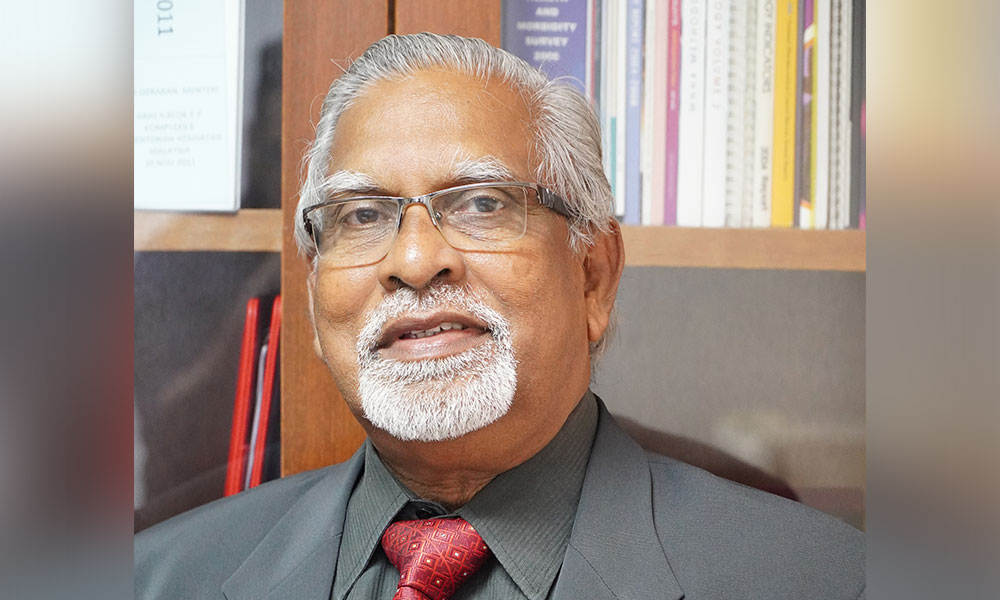
These contradicting claims and apparent lack of communication are troubling, considering the health minister recently claimed Putrajaya “very much needed” the help of GPs.
The country’s target is to vaccinate 80 percent of the population – exceeding the herd immunity threshold – by December, a tough goal considering less than 4 percent of Malaysia’s population has had both doses so far.
But Adham said GPs need to first be trained to understand the flowchart of the programme, adding there are aspects to consider, such as legal matters and guidelines on how to store vaccines.
How hard is the training, really?
While Ganabaskaran agrees there will be new things to learn, doctors can learn the needful “in a short time”, and Adham, being a GP himself, should not doubt doctors’ capabilities.
It’s an issue Subramaniam, the MMA president, also addressed in his earlier statement. He said the training is mostly on cold chain requirements for vaccine storage, and administrative procedures – nothing technical or scientific.
“The training is done online and it takes only two to three hours to complete. Even using the ‘special’ syringe is not complicated. They should trust the doctor to know how to handle one,” he said.
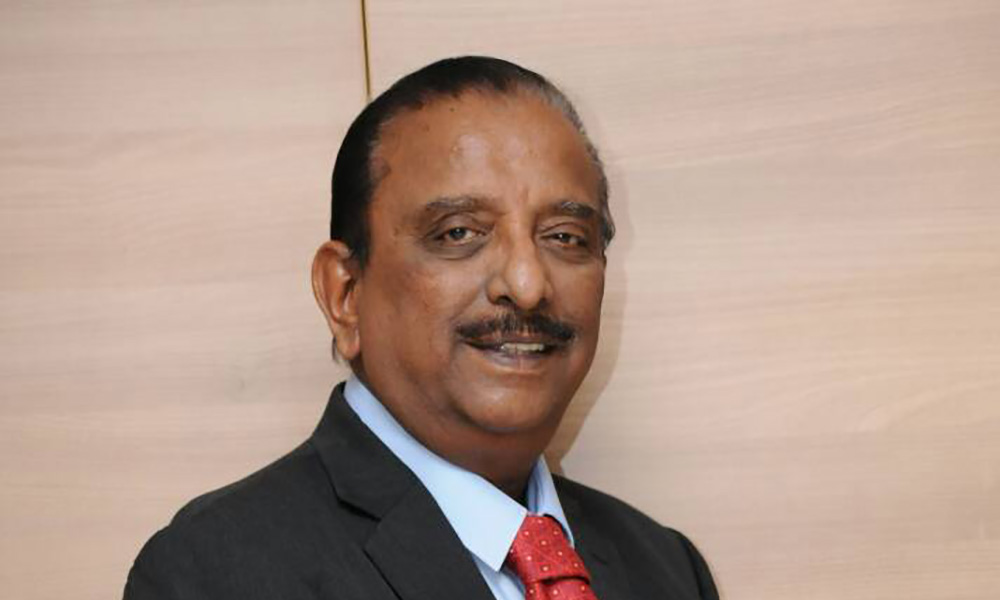
Two GPs spoke to Between The Lines about the three-hour online training session they attended.
One of them, a senior GP who spoke on condition of anonymity, said the course could have been more practical, and that some parts, such as the background of the national vaccination exercise, were unnecessary.
“It was not really useful. Everything could’ve been done in two emails.”
Dr Shanmuganathan Ganeson, a GP of 21 years, said the “sheer weight of the admin requirements was discouraging”, and the course’s implementation had been rushed by inexperienced people who seemed “to vomit out every teeny weeny detail” to check boxes.
Both GPs are divided as to whether the training provided a clearer picture of the vaccination programme.
Shanmuganathan, however, feels all will be okay once "things are in place" - if the system works.
“One can also download the various documents for clarity,” he said.
His counterpart, though, said there’s still a lot of confusion, and as a result, a network of doctors are “helping each other out” by sharing information.
Why GPs have an edge
Dr KC Koh, a Kepong-based GP, claims GPs have been inundated with calls enquiring about the vaccine since the vaccination was offered to the public.
Koh said GPs have an “edge” because patients tend to trust their own doctors more than the media, and are likely to be more comfortable getting inoculated by familiar GPs.
“It will definitely encourage more people to get vaccinated,” he said.
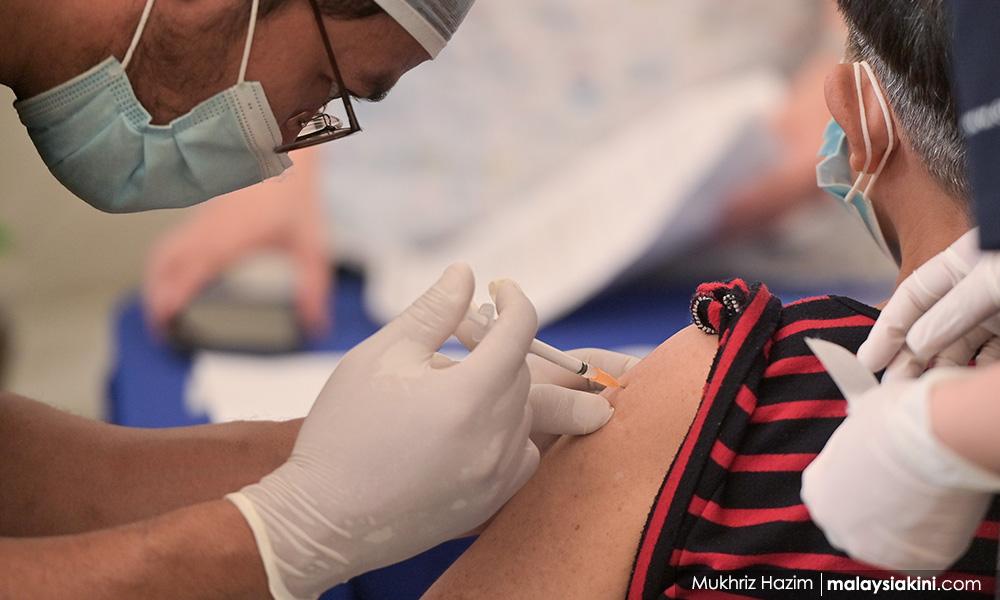
Ganabaskaran said the government should allow GPs to administer the Sinovac or AstraZeneca vaccines, as, unlike Pfizer/BioNTech, they don’t need to be stored in ultra-low temperature freezers, which cost between RM70,000 to RM80,000 each.
Doctors may be hesitant to invest in such freezers out of fear it could become nothing more than a white elephant, Ganabaskaran said.
While that may have been a valid concern in the beginning, the EU’s drug agency recently approved the storage of the Pfizer vaccine in regular fridges for up to a month, up from the previously recommended five-day shelf life.
Disgust and frustration
But it’s not just the lack of engagement that’s put GPs off. There’s also another, less-discussed reason, which former health minister Dzulkelfy Ahmad said is hiding in plain sight.
GPs, he said, are “disgusted and frustrated” at being paid a mere RM14 per dose administered.
Dzulkefly’s thoughts echo the Federation of Private Medical Practitioners Associations (FPMPAM), which previously said Putrajaya hasn’t provided any subsidies or grants beyond the RM14 incentive for GPs to offset expenses, identifying it as one of the chief reasons behind GPs’ hesitancy to participate.
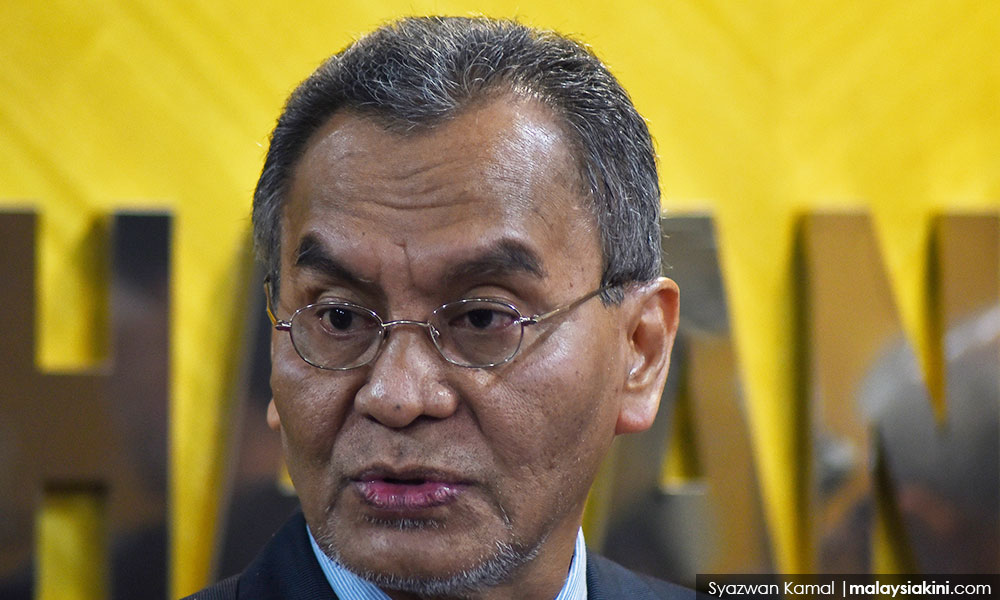
But surely RM14 per patient is a significant amount when the sheer volume of people is considered? Not so, said Shanmuganathan, the GP.
“This is a nominal sum to cover overheads. In part, those volunteering are doing a free service or CSR,” he said, as the usual consultation fee is waived.
The overheads include logistics costs of transporting the vaccine.
“Usually, doctors order from pharmaceutical companies who deliver. But, for the first time in history private doctors have been told to collect,” he said, adding GPs would then have to be away from clinics.
This could lead to a loss of revenue as patients do not want to wait for treatment.
Koh concurs, saying that practically every ringgit of the RM14 would go towards just covering costs.
“The RM14 is all overheads and nothing else.
“GPs make a loss, but we consider it CSR,” he said.
The RM14 offered to GPs is puzzling considering how much other initiatives are costing. For example, earlier this month, the Malaysia Shopping Malls Association said workers would pay a “reduced charge” of RM50 for on-site vaccinations. The charges are for the administration of the vaccines, the association said.
The current Pick system, meanwhile, uses the services of healthcare providers such as Qualitas, BP Healthcare, UMI, Qmed, CT Health Group, and there has been remarkably little disclosure on how the providers were selected, how much they are being paid, what and how many personnel they are deploying, and what training they were provided.
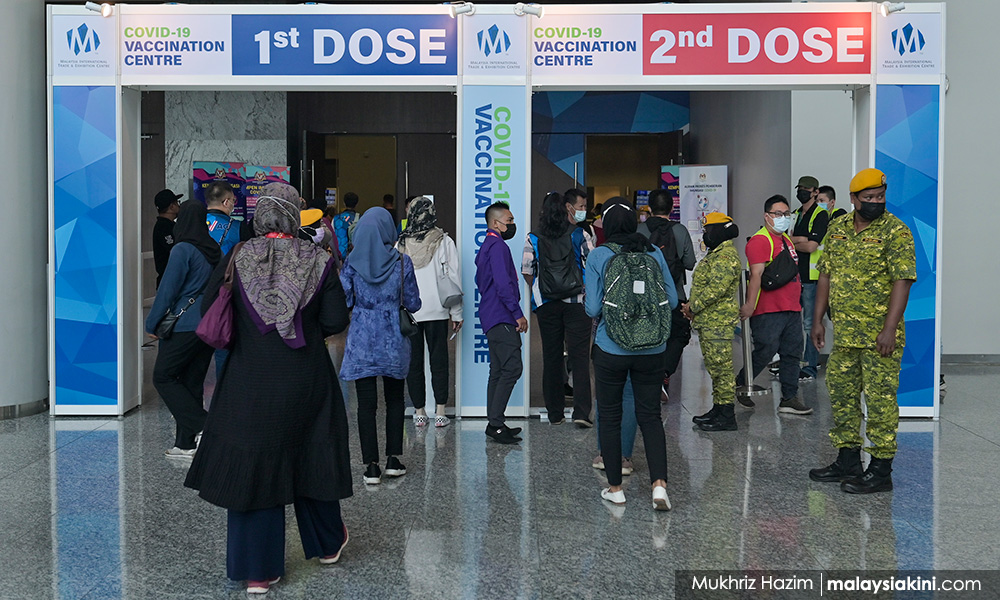
“You have to be ready to pay more for all the preparation they (GPs) make and for their personnel,” ex-minister Dzulkelfy said.
The government, he said, can afford it; after all, they had RM70 million to splurge on the much-criticised digital system for the national vaccination exercise.
Dzulkelfy said GPs should be offered RM20 per dose, because “if you pay peanuts, you get monkeys”.
He said it’s vital to reimburse them as, apart from the government’s health clinics, GPs are the bastion of primary care, which revolves around immunisation.
To win the war against Covid-19, Dzulkefly said, “you need all your best assets”.
Can missed boat be caught?
Koh, the GP, believes while the government got off to a slow start in recognising the need for GPs to be involved, the missed boat isn’t out of sight yet, but laments at the speed – or lack thereof – at which GPs are being roped in.
Red tape needs to be done away with, Koh said, similar to previous FPMPAM complaints that bureaucracy and logistical problems are hampering GPs from supporting the effort.
Koh claimed many GPs were initially very enthusiastic in offering their services but were put off by the many requirements needed even before they could begin.
“Quite a number of GPs who had done the necessary to fulfil the many requirements are at the moment twiddling their thumbs, wondering when they can start vaccinating the public.”
If true, then it’s a shame. GPs have proven invaluable in the fight against Covid in other countries. One example is Australia, where the country’s GPs had, by April, delivered more than half the country’s vaccinations.
Our government is aiming to turn 1,000 GP clinics and private hospitals into vaccination centres before the end of this month and is hoping these centres would be able to administer about 40,000 doses a day.
Dzulkefly, though, said the issue is one of leadership, or rather, the lack of it. He should know – Dzulkefly was the health minister in charge when Covid-19 first hit our shores over a year ago, and even now handles Selangor’s Covid management.
Dzulkelfy calls out the once-golden boy of our battle against Covid-19, Health Ministry Director-General Dr Noor Hisham Abdullah, as an example.
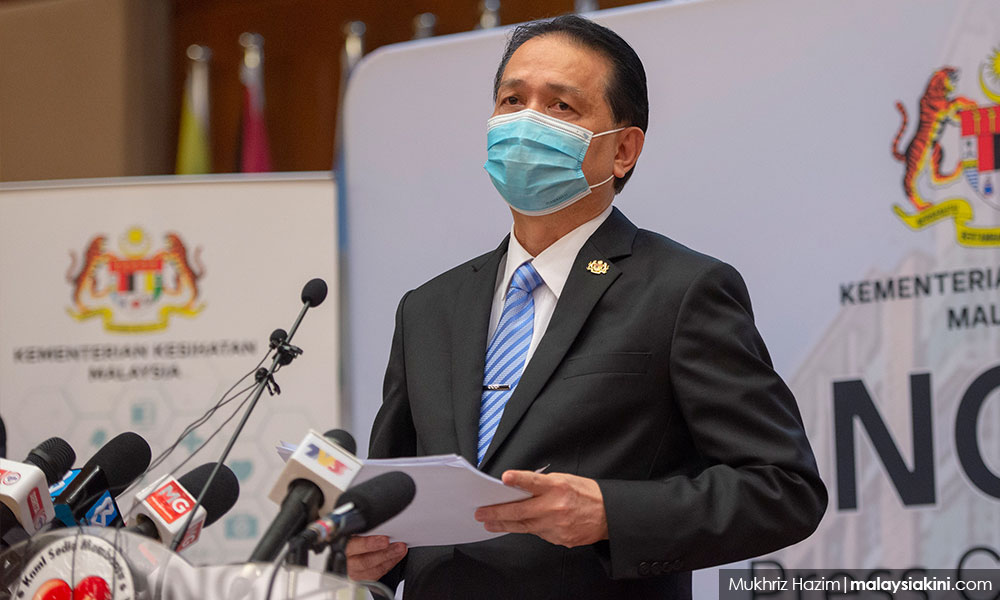
Noor Hisham has often “played victim” on behalf of frontliners. When pressed, however, Dzulkefly didn’t elaborate further.
Dzulkefly said it would be best, especially for overburdened healthcare workers, to leverage on all available GPs, healthcare workers, and private facilities.
But Noor Hisham has instead suggested possible inequity if the government allowed private hospitals to sell Covid vaccines.
Dzulkelfy says Noor Hisham needs to “come down from his ivory tower” and appeal to doctors’ sense of duty.
“Doctors are trained to ‘first do no harm’. If you appeal to this, in time, it won’t be a matter of ringgit and sen,” Dzulkefly said.
Editor’s note: Between The Lines asked BP Healthcare for comments on this story but didn’t receive a response.
When reaching out to Khairy Jamaluddin’s team, we were referred to PHCorp instead.
When contacted, PHCorp declined to comment, only saying the following: “ProtectHealth has answered all questions regarding this through a statement issued on June 1, 2021”.
This article was originally published on Between The Lines, a weekday email newsletter that sums up the main news of the day with context — and a fair bit of sass. What you get is an easy read that brings you up to speed on what’s happening in Malaysia. Subscribe here.
The views expressed here are those of the author/contributor and do not necessarily represent the views of MMKtT.




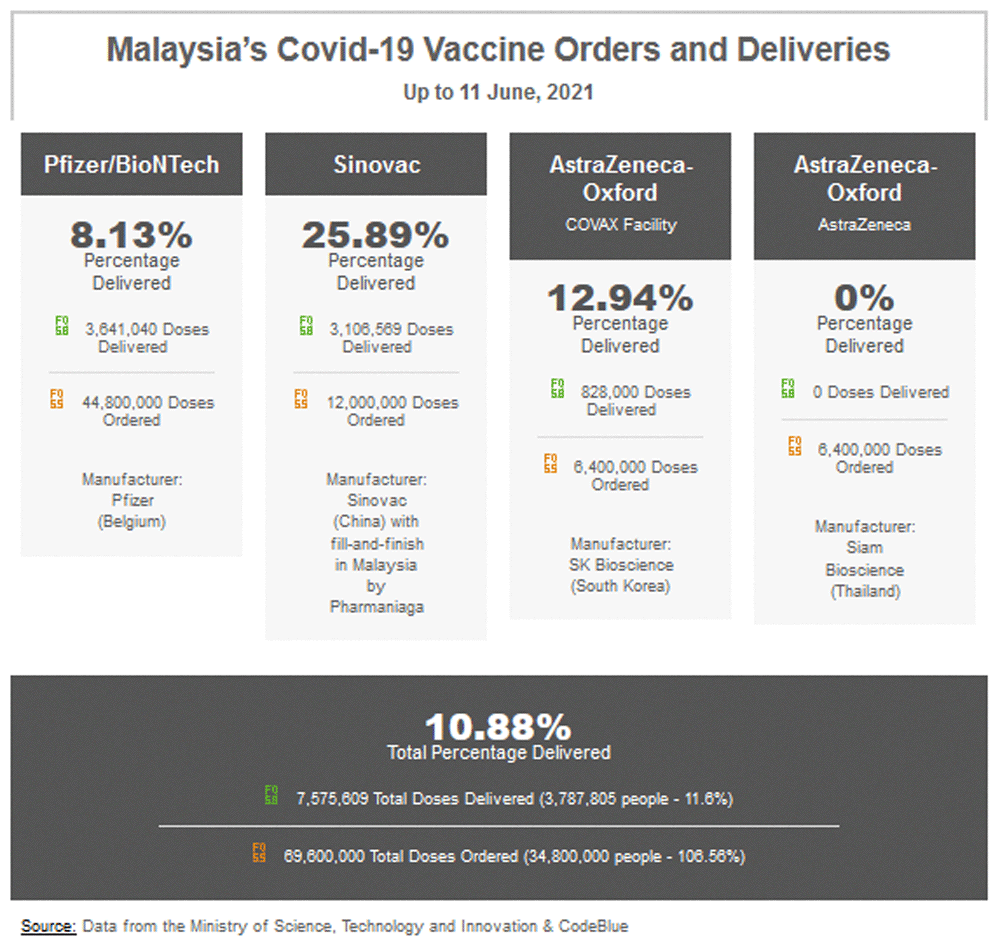
No comments:
Post a Comment
Note: Only a member of this blog may post a comment.